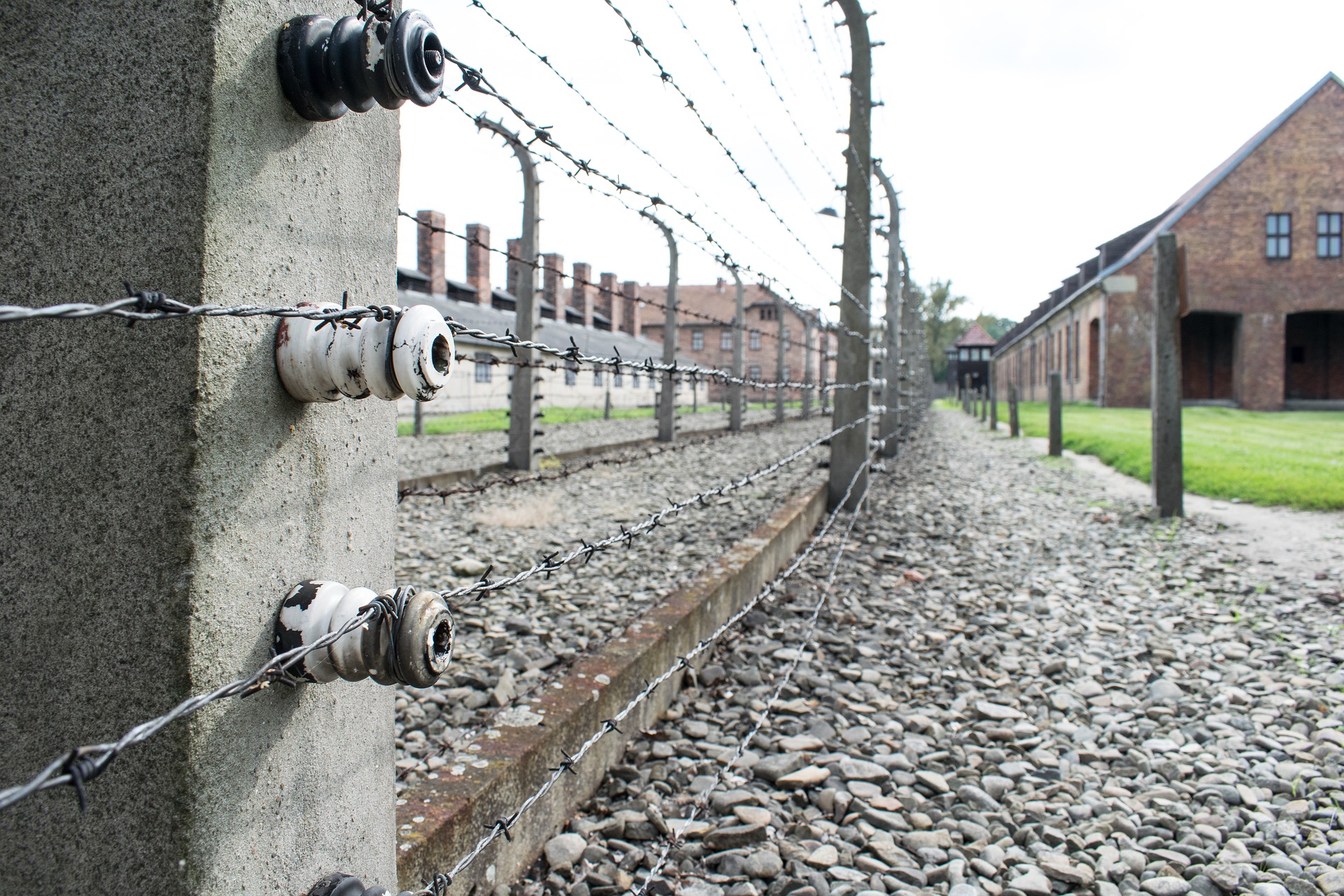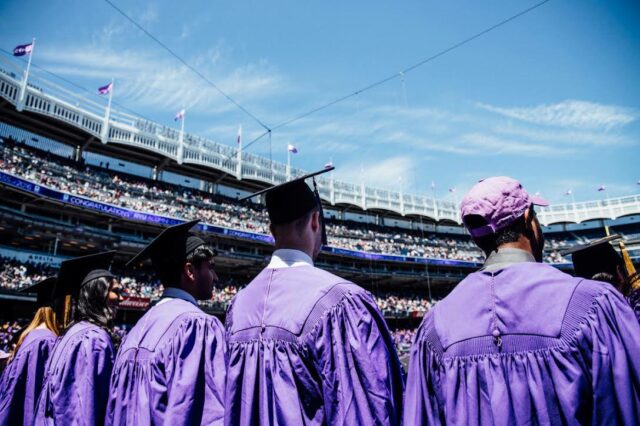Why Holocaust Education is More Important Than Ever in the Disinformation Age
By Marie Steiner
As someone who grew up in Switzerland, I was stunned to hear how American students learned about the Holocaust, and specifically how ​little​ they knew. Last week, ​Vice​ highlighted ​appalling statistics​ from a nation-wide survey. Twenty-three percent of young Americans, ages 18 to 39, believe that the Holocaust never happened, or that its consequences are exaggerated. Twelve percent had never heard of the Holocaust. Eleven percent of all the respondents (and a staggering 19% in New York State) believed Jews were responsible for the Holocaust.
Based on these results, federal policies need to establish a nationwide standard on teaching Holocaust history and pressure state education systems to teach that history. The current US education system teaches a distorted, whitewashed version of history, and the need to teach this history is more apparent than ever. School curriculum often lacks nuanced accounts of history and fails to account for multicultural and multiracial perspectives. I only noticed attempts to challenge these views and expose students to more nuanced and diverse narratives in​ ​college and graduate school. Unfortunately, due to a lack of access to higher education, many never receive a chance to challenge their views and expand their knowledge. Consequently, accurate and comprehensive accounts of history must be one of the foundations of primary and secondary education.
A defining feature of the 21st century that adds another dimension of complexity are social media platforms actively facilitating the circulation of misinformation. ​Conspiracy theories run abound on most social media outlets​, ranging from the belief that Bill Gates deliberately planned the COVID-19 pandemic, to ​Wayfair’s involvement in child sex trafficking​ ​via selling furniture on their website. Just last month, the Institute for Strategic Dialogue found that Facebook’s recommendation algorithm ​promoted​ Holocaust denial ​material. This is shocking, but not limited to Facebook’s platform.
Only 15 states require ‘Holocaust education​’ as part of their “secondary school curricula,†and many people correlate widespread ignorance about the Holocaust with a recent ​rise in antisemitism​. The implementation of a uniform history curriculum across the United States would ensure that all Americans receive this critical information.
In 2018, for instance, ​the New York State Senate passed a bill ​guaranteeing that all children in New York would learn about the Holocaust so that “future generations of Americans can tangibly pursue the ‘​Never Again’ pledge​.†Furthermore, local boards of education across New York now also require instruction of slavery and of the Great Famine in Ireland. ​Senator Elaine Phillips highlighted the importance of such a comprehensive approach​ to history by claiming that it is “crucial in preventing history from repeating itself.â€
The statistics from the survey exhibit the urgent need to promote and implement New York’s new approach to teaching history throughout the country. Furthermore, boards of education need to monitor the implementation of required sensitivity training and the incorporation of more nuanced history textbooks and “classic literary works.â€
The lack of knowledge surrounding the Holocaust represents a larger issue of the digital age: the continued need to combat the spread of misinformation. ​MIT scholars have found​ that people tend to retweet or share fake news and misinformation 70% more than factual stories. As such, an additional benefit of a nationally uniform history curriculum stems from its ability to protect the population from the spread of misinformation online by prioritizing factual accuracy in formal settings like education.
Some people will think it unconstitutional to implement a nationally uniform history curriculum. On the other hand, ​President Trump recently floated the idea of a federal “pro-American†curriculum​ in response to calls to teach a version of history that more accurately accounts for the horrors of slavery and systemic racism in America. His statement suggests a possible shift in traditional notions of federalism, which opponents of the policy I am proposing would typically adamantly defend. This signifies that federal education could very well be possible; however, it must be nuanced and factual rather than patriotic propaganda.
While standardizing history education across the country remains mostly in the hands of the federal and state governments, it is also incumbent upon us as individuals and members of this society to not shun personal liability. We can and must instigate change by lobbying local school boards for curriculum changes and advocating for this cause.
These improvements in education will engender the knowledge and critical thinking skills the upcoming generations need to combat the pervasive dissemination of misinformation, while also preventing the recurrence of historical inhumanity. German and Swiss schools account for the horrors of the Holocaust. There is no reason that young Americans should not be well-educated on the worst crime of the 20th century.
Guest Author

Marie Steiner is a first-year MPA candidate at NYU Wagner, specializing in Public and Nonprofit Management and Policy. She has a strong interest in international development, particularly issues of immigration, and criminal justice reform in the US. She serves as a member of the Wagner International Student Society board.




